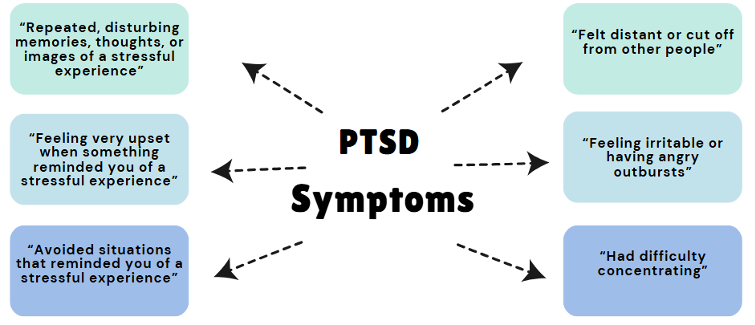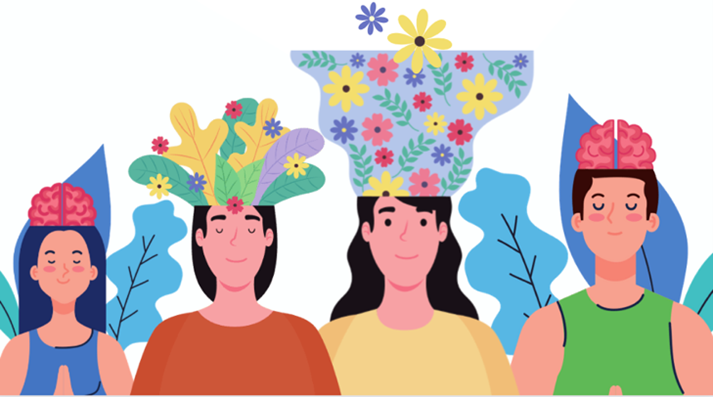
CoTEDS placement student, Sky, outlines new research from the Twins Early Development Study, comparing childhood autistic traits in individuals who had or had not reported experiencing PTSD and trauma.

CoTEDS placement student, Sky, outlines new research from the Twins Early Development Study, comparing childhood autistic traits in individuals who had or had not reported experiencing PTSD and trauma.

In this blog, Áine (BioResource Undergraduate Placement Student 2024-2025) discusses the portrayal of anxiety in the movie Inside Out 2.

In this blog, Sherry (CoTEDS Undergraduate placement student 2023-24) summarises findings from her placement project investigating the relationship between parenting stress and child behaviour

Rose Ilunga recently graduated from King’s College London where she studied for a joint honours in Neuroscience and Psychology. In this blog, Rose discusses what she learnt while working on a race, ethnicity, and ancestry terminology guide during her time on the King’s Undergraduate Research Fellowship in the summer of…

This blog looks at the key takeaways from a report that was produced as a part of the King’s Undergraduate Research Fellowship 2022 at the Social, Genetic and Developmental Psychiatry Centre in Denmark Hill, London.

TEDS MSc placement students Xinyi and Ziyu reflect on the focus groups the team held, looking at experiences unique to the millennial generation.

In this blog, Julia Funk (Visiting PhD student) shares her experience of visiting another lab.

In our previous blog post ‘U is for Underrepresented Groups in Mental Health Research – Part 1’, Grace described the causes and implications of underrepresentation of LGBT+ individuals and ethnic minorities in mental health research. Now, she will discuss how these problems may be overcome. …

In this blog Grace, our MSc placement student, discusses the causes of underrepresentation in mental health research and why it needs to be resolved. THE PROBLEM In the UK, the LGBT+ community face higher suicide rates (NHS England, 2020), black adults are 5 times more…

Filip is a second year PhD student at the Department of Psychology and the SGDP Centre at KCL. He’s interested in genetically-informed research methods, self-harm and young people’s mental health.
Recent Comments